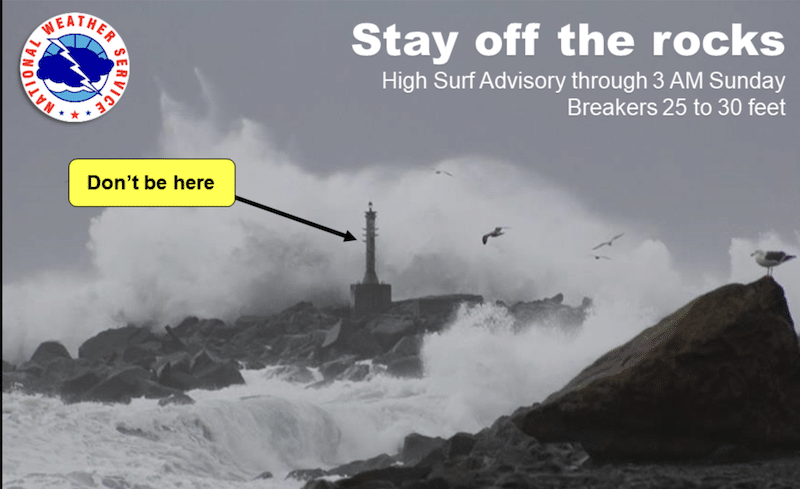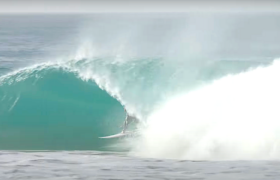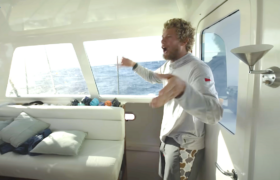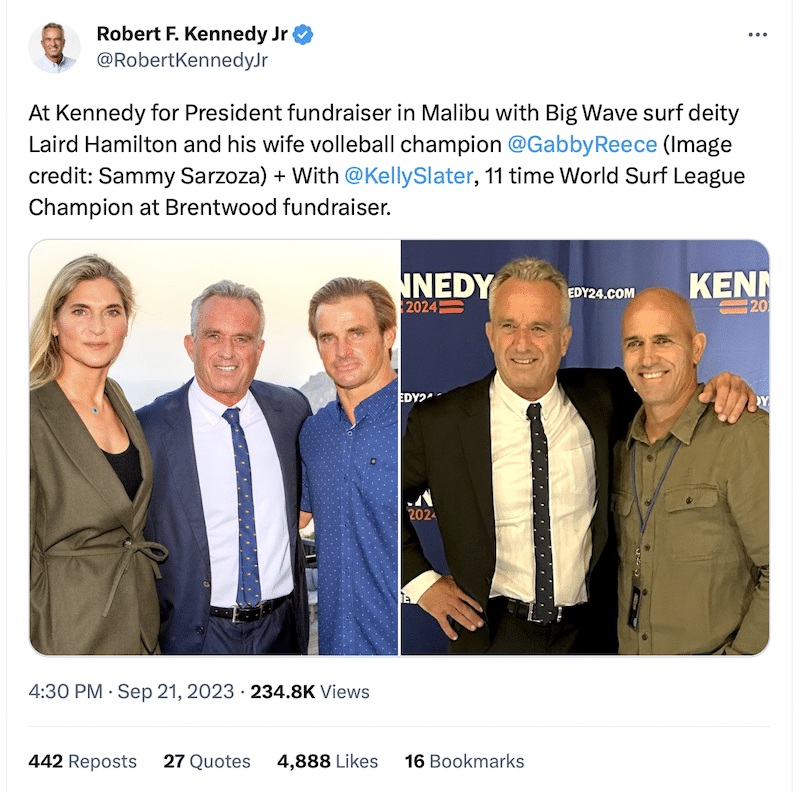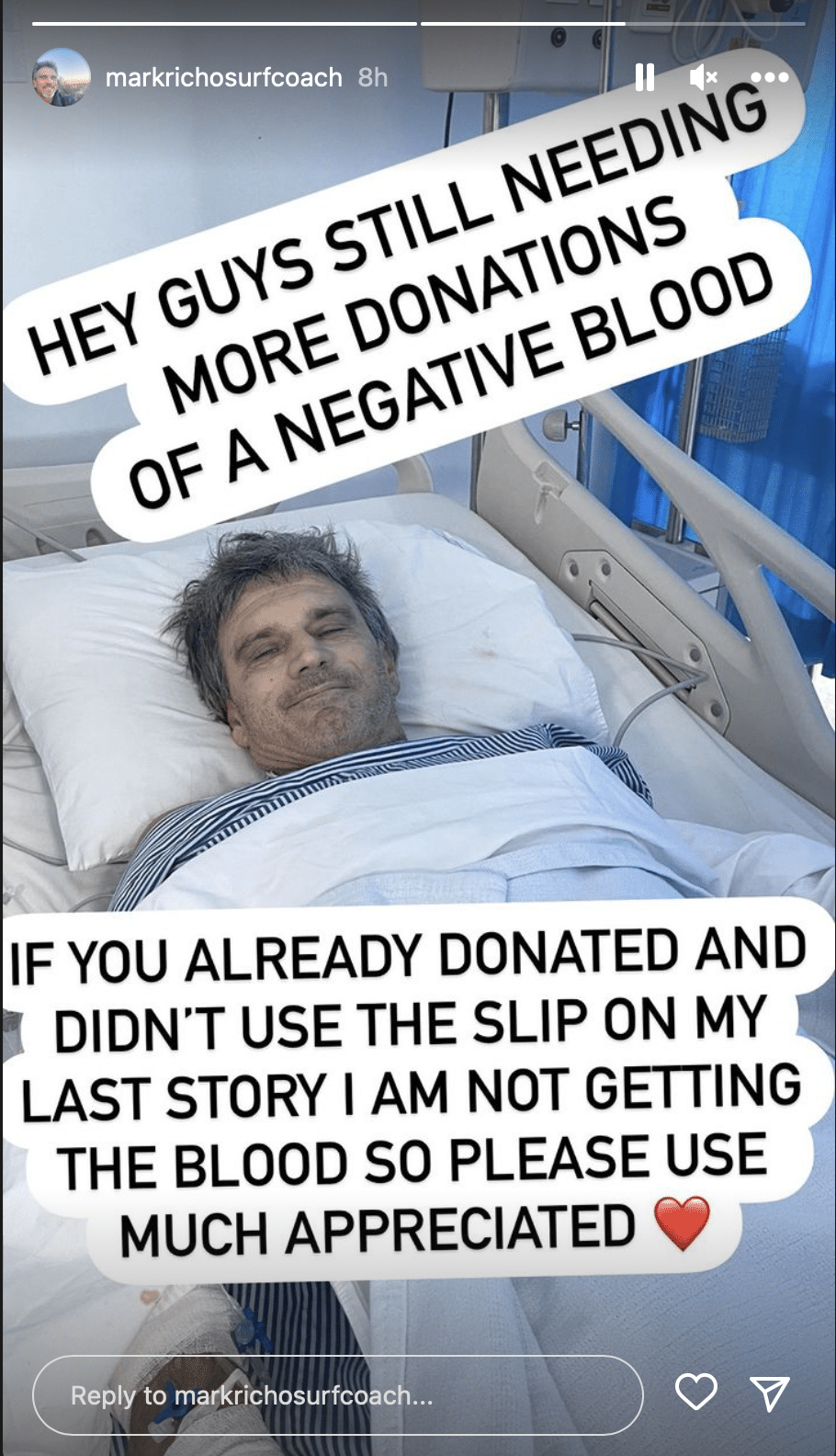"One might liken it to enjoying a roast chicken, without the need to dwell on the dank, darkened hanger in which it once lived."
Dear Mr Sam McIntosh, despite the fact we have never met, I feel compelled to send you a second letter in as many days.
Upon the advice (nay, behest!) of our great protector, our benevolent watcher, our curious, cross-platform Disqus pervert, Negatron, I have now watched the first three episodes of How Surfers Get Paid.
In alternate waves of shame and delight I must concede that I found it to be fine entertainment. Even, to some degree, educational.
Yes, I would have to admit that I found it to be thoroughly educationally entertaining.
And so, in the spirit of truth, and not avoiding difficult conversations that may conflict with my personal ideologies, I felt I must write to you again to say Well Done. I admire the content you have produced, if not the ethos or methodology in how it was produced.
One might liken it to enjoying a roast chicken, without the need to dwell on the dank, darkened hanger in which it once lived. There’s really no need to consider half-plucked birds with festering sores stumbling through the semi-darkness, bleeding from their anus. I shouldn’t think of them dead or dying in a sea of faeces. I shouldn’t think of that at all. I should just tuck into the succulent breast on my plate, close my eyes and be grateful for the delicious end product.
Because yes, it’s true, Stab certainly have access to the cream of surfing’s talent, in and out of the water. And yes, as a conceptual video series How Surfers Get Paid may be poorly named but is very well executed. The editing is very Gen Z, and a little derivative, but that doesn’t impair the overall production.
So far, it’s a nostalgic delight. What’s particularly shocking is that we should feel nostalgia for such a recent past. It’s arresting to see the timelines laid out in back and white, and to understand just how much of a blip the success of pro surfing and the industry at large was. Really, it was over in the blink of an eye.
So what do we learn? Well, I can only comment on episodes 1-3 (though I will most certainly be retaining my Stab subscription for access to more).
Fundamentally, it seems the message from the series is how money fucked things. How those with power and influence, the magazines, the filmmakers, the clothing manufacturers, wielded it in a way that destroyed the industry. There was no trust, no morality. Backstabbing, undercutting and one-upmanship were all par for the course. And in the end, the game was a bogey for everyone.
Of course, that’s what happens when human beings are given too much power. It’s what happens when ruthless capitalism is allowed to fester. People get drunk on power. George Orwell dedicated a life to warning us of that.
I couldn’t help but see Paul Naude’s face flicker from pig to man, and from man to pig, and from pig to man again as he recalled his jealousies and brutalities in the name of business. There he was, drunk in the farmhouse whilst all the other animals shivered in the yard.
But the folly of letting people of influence control the narrative is telling if we examine the surfers who form the bulk of the interviews in the series so far. They are those with the most lucrative contracts in surf history: Jordy Smith, Dane Reynolds, Julian Wilson, Kolohe Andino.
Ask yourself: beyond money and early fame, what else unites them?
Lacklustre careers, unrealised potential, personal unfulfillment.
When money becomes the bottom line, it seems no-one wins in the end.
Jordy’s had a decent pro career, but it’s been nothing if not underwhelming. Reminders of the potential that led Paul Naude to sue him, and for Nike and others to engage in a furious bidding war for his services, are quite shocking. The hype was justified. Jordy’s old clips stand up today. Watching them again, it’s hard to reconcile the fact he didn’t go on to dominate the surf world in its entirety and collect more than one world title along the way.
Julian, too. Solid, respectable, but a million miles away from where we thought he might end up.
And what did Kolohe Andino get for his unparalleled ten-year deal at seventeen years old? Over-confidence? Too much security? A sense of entitlement? Not a single Tour victory, at any rate.
Dane Reynolds is asked about the fact he had the most lucrative contract in surf history. “If that’s the case,” he chuckles, bemused, “where did it all go?”
All of them went in hands and feet first. They each grabbed bags from sweaty executive paws. But what good did it do them, or their brands, or us?
The one who didn’t, as recalled in the series, was Bobby Martinez, a man who should be a hero to all. He recognised the false, rotten economy of giving people what they ask for, and of bending to the will of others. He refused to bow to money or influence, turning down over a million dollars a year because he saw the truth. History remembers him favourably. Orwell would surely have approved.
So, Mr Sam McIntosh, whilst I still find the term “access journalism” abhorrent, much less the justification of it, I do have to concede that you have produced some rather excellent content. I shall be watching more, and I would strongly recommend others do the same.
Hopefully the message of the series remains Orwellian: “Power is not a means; it is an end. One does not establish a dictatorship in order to safeguard a revolution. The object of persecution is persecution. The object of torture is torture. The object of power is power.”
Yours in truth, JP Currie
